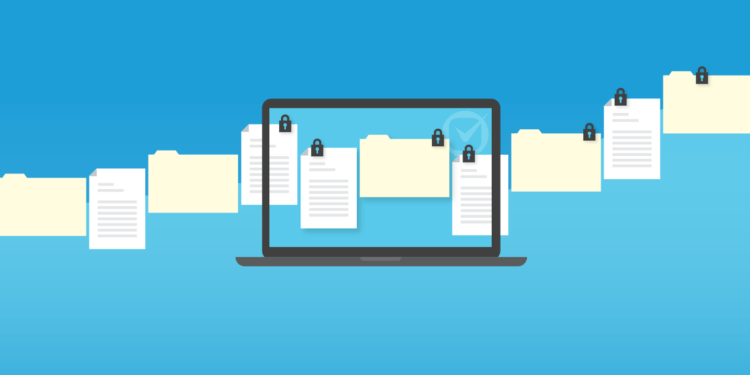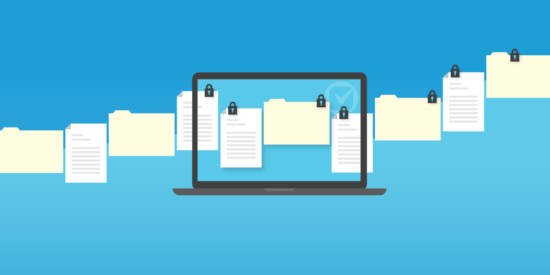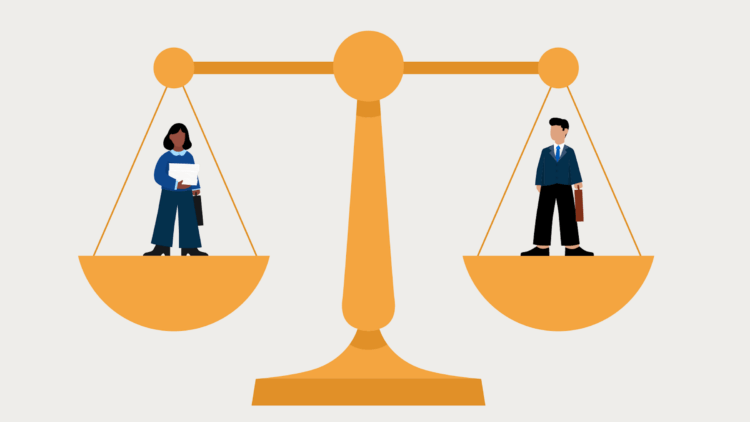Tech is now ubiquitous in the legal industry, but many lawyers still face challenges when it comes to using legal tech ethically. Megan Zavieh, a California State Bar Defense Attorney and Principal Author and Editor of The Playbook, sat down with us at ABA TECHSHOW 2018 to talk about some of the most important things lawyers need to consider when working with technology.
In the digital age, lawyers need to be in the know when it comes to technology in order to ensure they’re compliant with ethics rules. If you’ve never considered the implications of ethics and technology in your practice—or if you just need a quick refresher—here’s a quick overview of what to consider.
The law firm ethics checklist
Every firm needs to start putting together a checklist of the biggest technology issues. This list should be designed to help you make sure that the biggest areas of risk in technology are being considered, and that risks are being mitigated at your firm through education, appropriate policies, and effective vetting of technology vendors. The three biggest categories on this list should be:
- Online behavior. Every lawyer in your firm needs to behave appropriately online, which primarily means knowing the ethics rules relating to social media and online disclosure of information. These rules cover client confidentiality concerns, respect to the courts, honesty and integrity, and more.
- Secure use of technology. Law firms need to make sure they’re operating securely. This includes secure use of Wi-Fi (most likely via a VPN), privacy of data used by your own firm, and secure communication with clients.
- Preservation of evidence. Every lawyer needs to understand the duties, challenges, and appropriate methods for the preservation of electronic evidence. This includes keeping information secure and confidential using methods such as encryption, and the need to preserve all aspects of electronic evidence, including metadata.
How to handle a malpractice claim
The biggest mistakes lawyers are making with technology come under the umbrella of social media. There are plenty of examples of lawyers violating ethics rules as a result of disclosures on social media. Another huge source of error is reckless use of technology without concern for security—it’s important to take the proper precautions to secure any devices your law firm is using, and to use software vendors that take appropriate security measures with your firm’s data.
Of course, we hope all lawyers will use technology appropriately and steer clear of malpractice, but claims do happen. If you find yourself on the wrong end of a malpractice claim, be sure to first notify your insurance carrier. Then, mitigate the damage—take steps to ensure your client isn’t harmed, or isn’t harmed further, as a result of the mistake. Then, while the claim is being handled, evaluate what went wrong and fix it to make sure the mistake is not repeated.
You may like these posts
Tools to help ensure compliance with ethics rules
Speaking of avoiding errors, many technology tools can actually help ensure compliance with ethics rules. Here are a few examples:
- Calendaring tools. Calendaring tools are critical, whether you use something as simple as a Google Calendar with ticklers set up, or something more sophisticated like Clio’s Court Rules, Basecamp with app and email reminders, or online schedulers like Acuity or TimeTrade that send reminder emails.
- Communication tools. Communication with clients is critical to ethics compliance, as a great many ethics complaints begin with the client feeling they are not receiving sufficient communication from their lawyer. Online portals allow clients to log in and see their case in progress, helping them feel empowered and cutting down on time needed to provide updates. Automated status updates can also be useful for keeping clients up-to-date.
- Billing tools. Billing through automated tools is also very helpful to maintain ethical compliance. Tech-driven billing tends to be more accurate and more regularly provided than billing that is done manually, and both of these are important to fulfilling your ethical duties.
Evaluating tools
When you go to find a tech tool for your practice, keep in mind that ethical compliance is your obligation, not the vendor’s. You simply cannot outsource the responsibility. It’s critical to ask about where the company stores the data you input into their software, and what measures have been taken to protect it.
Any sensitive information related to your clients or practice that enters the software you use must be stored securely. Also, ethics opinions permitting cloud computing require that lawyers take reasonable steps (such as asking the above question) to ensure that the data is held in a secure fashion.
With a bit of time and effort invested in making sure you’re using technology ethically, you can rest easy knowing not only that you’re following technology ethics guidelines, but that you’re using tools to help you stay compliant with ethics guidelines related to billing, communication, and other areas of your practice as well.
Clio makes it easy to avoid missed deadlines and keep clients up-to-date, helping you adhere to ethics rules. Try it for free today.
We published this blog post in March 2018. Last updated: .
Categorized in: Business








